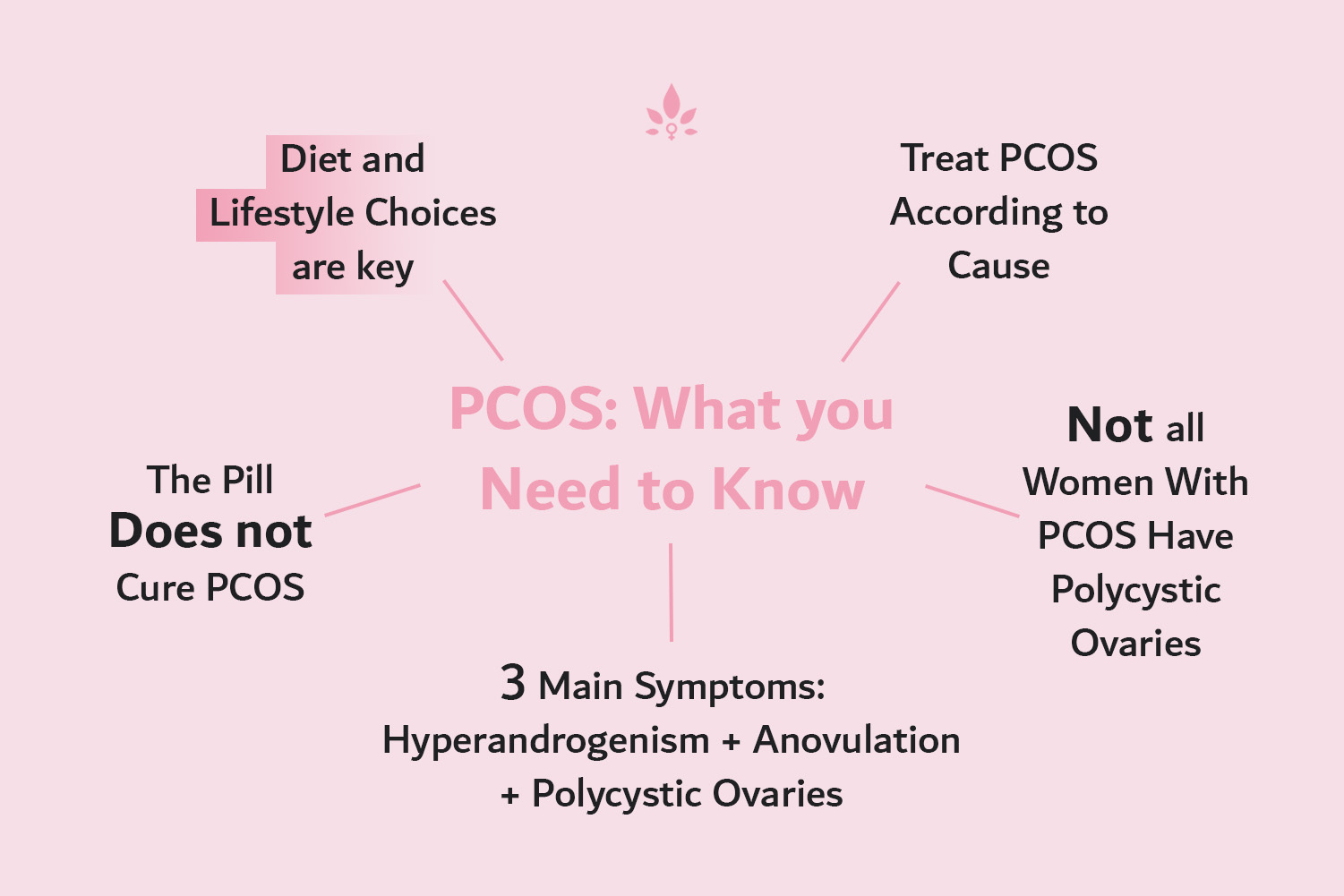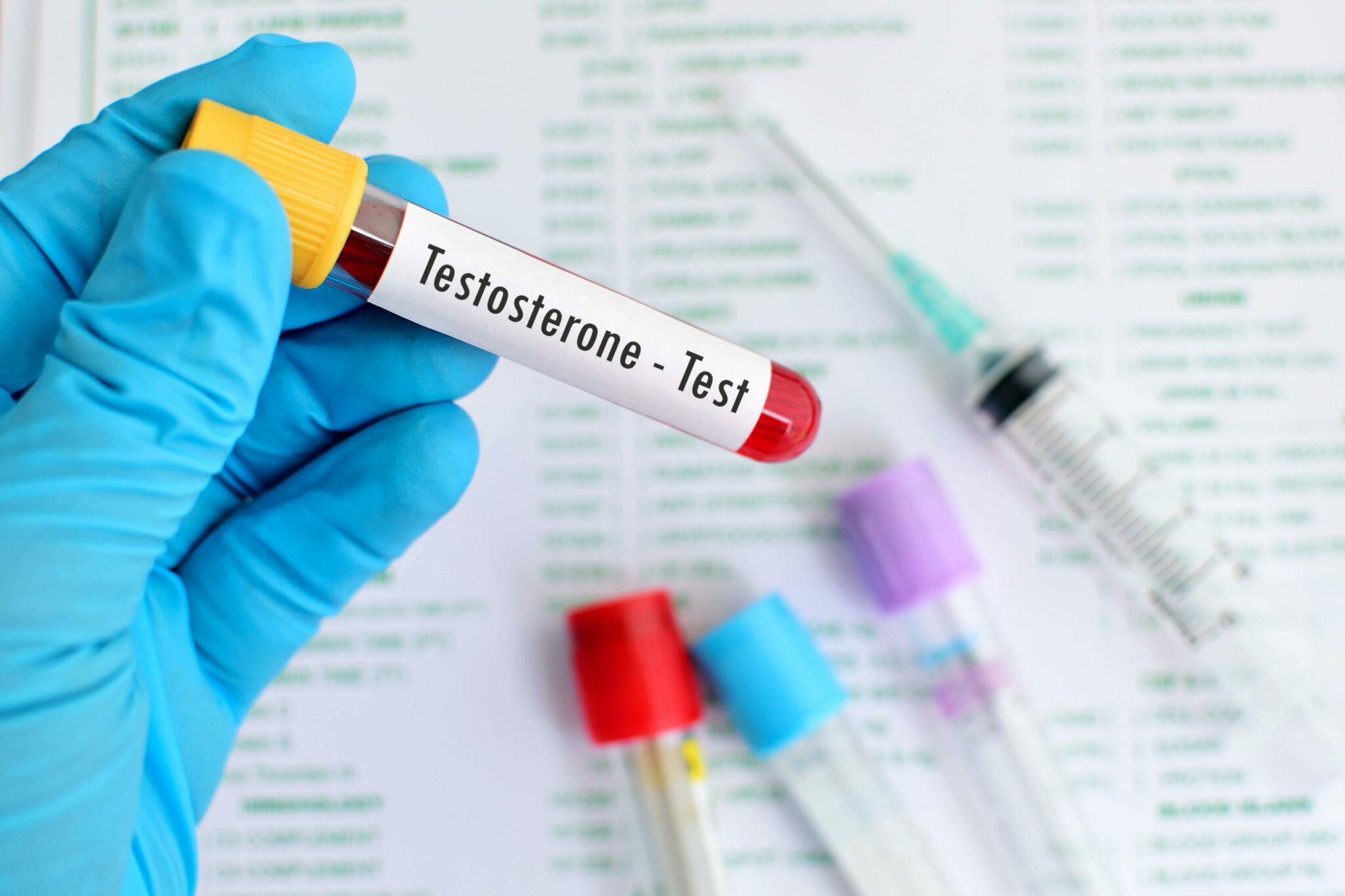How Important are Diet and Lifestyle Choices in the Management of PCOS?


The best way of managing the symptoms of Polycystic Ovary Syndrome is through making careful, well thought out, changes to both lifestyle and diet. Medications are often used to treat the condition: the oral contraceptive pill is commonly prescribed to manage the symptoms of excess androgens. Metformin, an anti-diabetic drug, is widely used to manage insulin resistance (even though studies on its effectiveness are contradictory); and clomiphene citrate is regularly used to induce ovulation in those who are infertile.
Short-term relief from symptoms is one thing, but it is far better to identify and eradicate the cause of PCOS, with a view to providing permanent symptomatic relief.
With such a multi-factorial condition, there is never going to be a simple solution. However, adopting a healthier lifestyle and a more nutritionally balanced diet has been shown to improve many of the symptoms, including insulin resistance and infertility.
Why lose weight?
A loss of weight has been shown to improve fertility and increase live birth rates in women with PCOS. In one study, 80% of women experiencing anovulation and infertility started having regular menstrual cycles after losing 5% of their body weight. Furthermore, 40% of these women went on to fall pregnant.
Dr. Majeda Al-Azemi, a consultant and professor of Obstetrics and Gynaecology at Kuwait University, estimates that over 50% of PCOS cases can be reversed by weight loss alone, demonstrating the huge potential of adopting a healthy diet, not only for providing symptomatic relief, but also in alleviating the need to take long-term medication.
Those who may have a genetic predisposition to the condition, such as those with a family history, can take preventative steps to minimise the impact, through maintaining a healthy BMI and a balanced diet.
How eating the right food can help
To have PCOS is to exist in a state of chronic, low-grade inflammation. Thus, adopting an anti-inflammatory diet can help alleviate symptoms. Avoiding processed food, tobacco, excess alcohol and minimising sugar intake (very, very important for the management of insulin resistance) are all steps that are recommended.
Other factors that can help include:
- Avoiding exposure to harmful environmental irritants, including endocrine disruptors.
- Supplementing your diet with magnesium, which is anti-inflammatory, but also naturally lowers insulin levels.
- Consulting a naturopathic doctor, who can advise on which herbal or natural medications may work on a case-by-case basis.
Adopting a good, well balanced diet not only lowers BMI and improves body composition, but also promotes hormonal balance, improves menstrual regularity, increases spontaneous pregnancy rates, lowers blood pressure, and reduces blood glucose levels.
The longer term risk of developing associated conditions and health complications, such as type 2 diabetes, are also reduced. Women who are insulin resistant are at a higher risk of developing gestational diabetes, which can lead to complications such as polyhydramnios, pre-eclampsia, premature delivery and large birth weight, as well as increasing the risk of foetal mortality (fortunately this is very rare). Thus, a healthier diet can reduce the risk of any of these unwanted pregnancy complications.
Conclusion
PCOS is a syndrome, with a range of associated symptoms. Not all symptoms will affect every patient. The best management of the condition comes from having a better understanding of your own body. Making lifestyle changes will not only improve your PCOS symptoms, but also your general health and wellbeing.
To learn more about PCOS click here and try PCOS pack for a healthier lifestyle.
Nabta is reshaping women’s healthcare. We support women with their personal health journeys, from everyday wellbeing to the uniquely female experiences of fertility, pregnancy, and menopause.
Get in touch if you have any questions about this article or any aspect of women’s health. We’re here for you.
Sources:
- Crosignani, P G, et al. “Overweight and Obese Anovulatory Patients with Polycystic Ovaries: Parallel Improvements in Anthropometric Indices, Ovarian Physiology and Fertility Rate Induced by Diet.” Human Reproduction, vol. 18, no. 9, Sept. 2003, pp. 1928–1932.
- El Hayak, S, et al. “Poly Cystic Ovarian Syndrome: An Updated Overview.” Frontiers in Physiology, vol. 7, 5 Apr. 2016, p. 124., doi:10.3389/fphys.2016.00124.
- Norman, R J, et al. “The Role of Lifestyle Modification in Polycystic Ovary Syndrome.” Trends in Endocrinology and Metabolism, vol. 13, no. 6, Aug. 2002, pp. 251–257.
- Overview: Gestational Diabetes. NHS, www.nhs.uk/conditions/gestational-diabetes/. Page last reviewed: 05/08/2016
- Patel, S. “Polycystic Ovary Syndrome (PCOS), an Inflammatory, Systemic, Lifestyle Endocrinopathy.” The Journal of Steroid Biochemistry and Molecular Biology, vol. 182, Sept. 2018, pp. 27–36., doi:10.1016/j.jsbmb.2018.04.008.
- Salama, A A, et al. “Anti-Inflammatory Dietary Combo in Overweight and Obese Women with Polycystic Ovary Syndrome.” North American Journal of Medical Sciences, vol. 7, no. 7, July 2015, pp. 310–316., doi:10.4103/1947-2714.161246.
- Shokrpou, M, and Z Asemi. “The Effects of Magnesium and Vitamin E Co-Supplementation on Hormonal Status and Biomarkers of Inflammation and Oxidative Stress in Women with Polycystic Ovary Syndrome.” Biological Trace Element Research, 18 Dec. 2018, doi 10.1007/s12011-018-1602-9.
- Tata, B, et al. “Elevated Prenatal Anti-Müllerian Hormone Reprograms the Fetus and Induces Polycystic Ovary Syndrome in Adulthood.” Nature Medicine, vol. 24, no. 6, June 2018, pp. 834–846., doi:10.1038/s41591-018-0035-5.













































